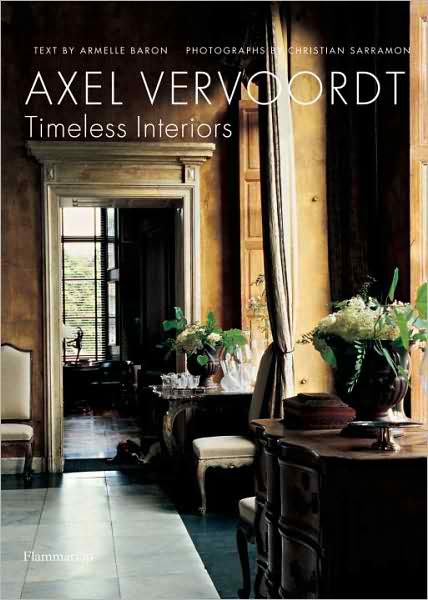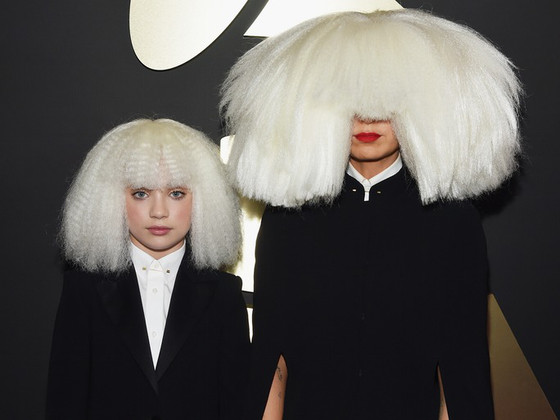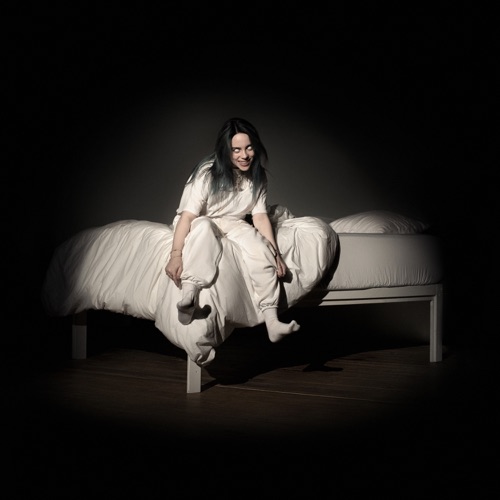‘NOURA’ - IRAQI CHRISTIAN IMMIGRANTS ON CHRISTMAS EVE
 Thursday, December 13, 2018 at 5:22PM
Thursday, December 13, 2018 at 5:22PM
 Heather Raffo
Heather Raffo
HENRY EDWARDS - NEW YORK - November 13, 2018
Noura (Heather Raddo), her husband of 22 years, Tareq (Nabil Elouahabi), and their teenage son, Yazen (Liam Campora), lived happy lives in Mosul, Iraq. Yet they had no choice but to immigrate to New York. As Chaldean Christians, the family was confronted with the life-or-death decision of converting to Muslimism or being slaughtered by the soldiers of ISIS, and they chose life.
“Noura,” playwright and actor Raddo’s play at Playwrights Horizons, looks in on the family eight years later on Christmas Eve just after they have received U.S. citizenship, accompanied by brand-new passports with brand-new American names (Nora, Tim, and Alex).
Noura, highly educated and attractively turned out, was an architect in her former life; in New York she works as an occasional tutor.
Upon arrival, Tareq, by profession a surgeon, took a job in a Subway sandwich shop, eventually went to work as a hospital orderly, and has just been recertified to practice medicine.
Their newly acquired citizenship fills Tareq and Yazen with unabashed delight; but Noura, lonely, vulnerable and adrift, yearns for her former life and its idealized extended family.
Delighted with his life in New York, Nabil Elouahabi’s Tareq exhibits a plentiful supply of good humor, takes delight that he no longer lives within striking distance of ISIS and finds unfathomable his wife’s anxiety and intense nervous energy.
Noura has a terrific relationship with her son Yazen, portrayed by particularly charming young actor Liam Campora. Yazen quotes Taylor Swift lyrics and plays PlayStation; insisting that her son experience his heritage, she dresses Yazem in her father’s kaffiyeh to play one of the Magi in their church’s Christmas pageant.
 Heather Raffo, Liam Campora
Heather Raffo, Liam Campora
Heather Raffo knows her subject from the inside. She is the daughter of Iraqi Christian immigrant parents, her father comes from Mosul, and 100 of her Chaldean relatives fled Iraq.
Raffo’s three-year narrative-writing workshop for Arab American women provided participants with the rare opportunity to discuss the challenge of bridging two opposing cultures, that of an American culture that values individualism and that of a Middle Eastern culture in which one takes his or her entire family along on the road to success.
Another commonality the women shared was their harrowing stories of leaving home; at Raffo's suggestion, they read Henrik Ibsen’s classic play about women having the courage to stand up against society, “A Doll’s House.”
So it's no surprise Raffo’s Noura obsesses about losing her connection to her tragic nation and its past and traditions, at the same time discovering the Nora Helmer that lurks within her.
Immigration, assimilation and identity are terrific subjects for dramatization – especially at a moment when this country is doing everything imaginable to discourage immigration from Iraq.
But “Noura,” although well-acted and written with care, struggles to engender sympathy for its talky and confused female protagonist. And alas, despite Raffo's intemse performance, almost all of the dramatic conflict resides in Noura's moody and complicated brain.
Nor does it help that Raffo’s script undergoes arbitrary stylistic changes, switching gears from family comedy to argument, then melodrama, and finally an unfortunate attempt to provide a variation on “A Doll’s Life.”
Raffo’s frequent collaborator, director Joanna Settle, employs a design team whose creative decisions do not help.
Andrew Lieberman’s minimalist design offers a huge, semicircular upstage latticed brick wall rimmed by an arching stone wall. The only furniture in it is Noura's huge drafting table, which is converted into a dining room table for Christmas dinner. Other than when they’re eating, there is no place to sit and Noura spends a great deal of time standing around in a too huge vacant playing area dominated solely by a giant Christmas tree trimmed with white lights.
Oh for a chair!
And has any New York apartment living room ever looked like this?
Marsha Tsimring's lighting often leaves characters in the shadows.
And then there’s Obadiah Eaves’ sound design which employs ambient sounds, Arabic Christmas music, Christmas songs and hard-to-hear whispering voices to underscore the action.
Whenever Noura is alone, Eaves pipes in superfluous internal monologues – and what an awful device that is.
Noura has spent weeks preparing her Christmas feast and she has insisted upon everyone fasting until after midnight Mass.
Two guests are expected to attend the Christmas Eve dinner.
The first to arrive is longtime family friend, Rafa’a (Matthew David, a welcome dose of comic relief), a Muslim obstetrician who has been celebrating Christmas with Nora since they were children back in Mosul, when such interfaith exchanges were still common.
During the gathering, there is a revealing exchange of gifts.
Noura’s Christmas present to Tareq is a gift “for his imagination.” It consists of rolls and rolls of meticulous architectural drawings for a courtyard dream house and compound where they could live with his five siblings, now scattered all over the globe, and their enormous families, 43 people in all.
His to her is a hard drive containing the entire library from her home in Mosul, uploaded immediately before it was burned by an ISIS-paid neighbor.
The gifts speak poignantly of what was and can never be.
At long last, second guest Maryam (Dahlia Azama, a model of self-possession) arrives. She is a Christian orphan in her mid-twenties, who was raised in a convent, only to see it bombed and its mother superior murdered by ISIS.
Noura and Tareq sponsored her student visa to Stanford, where she is studying physics and will soon be writing weapons contracts for the Department of Defense, and this is her first Christmas in the States.
To Noura’s great surprise, Maryam has absolutely no interest in mourning the past and cares only about creating a future in America.
She also explains that she does not expect to be lonely in America since she is six months pregnant. It was a planned pregnancy, and Maryam is quite determined to raise her child as a single mother.
Noura worries about what her conservative husband will think, but Rafa'a is more optimistic: "I can't think of anything more Christmassy," he says, "welcoming into your home a pregnant woman who has no place to go."
But Tareq is furious, referring to Maryam as a slut and telling Noura to withdraw support.
In a searing clash between cultures, Noura attempts to make some sort of sense of her contradictory impulses that have plagued her for seven (long) years, nally concluding she cannot resurrect her memories or reactivate her ideals without remaking them.
But Noura, Tareq and Rafa’a have also delivered a series of bitter, long-buried truths that pound an exhausted and audience into even greater submission.
“Noura” is intense, serious and overwritten. And ultimately, the abundance of complications, confusions and contradictions make it hard to care.
 Dahlia Azama, Nabil Elouahabi, Heather Raffo, Liam Campora, Matthew David
Dahlia Azama, Nabil Elouahabi, Heather Raffo, Liam Campora, Matthew David
 Henry Edwards | Comments Off |
Henry Edwards | Comments Off | 





















